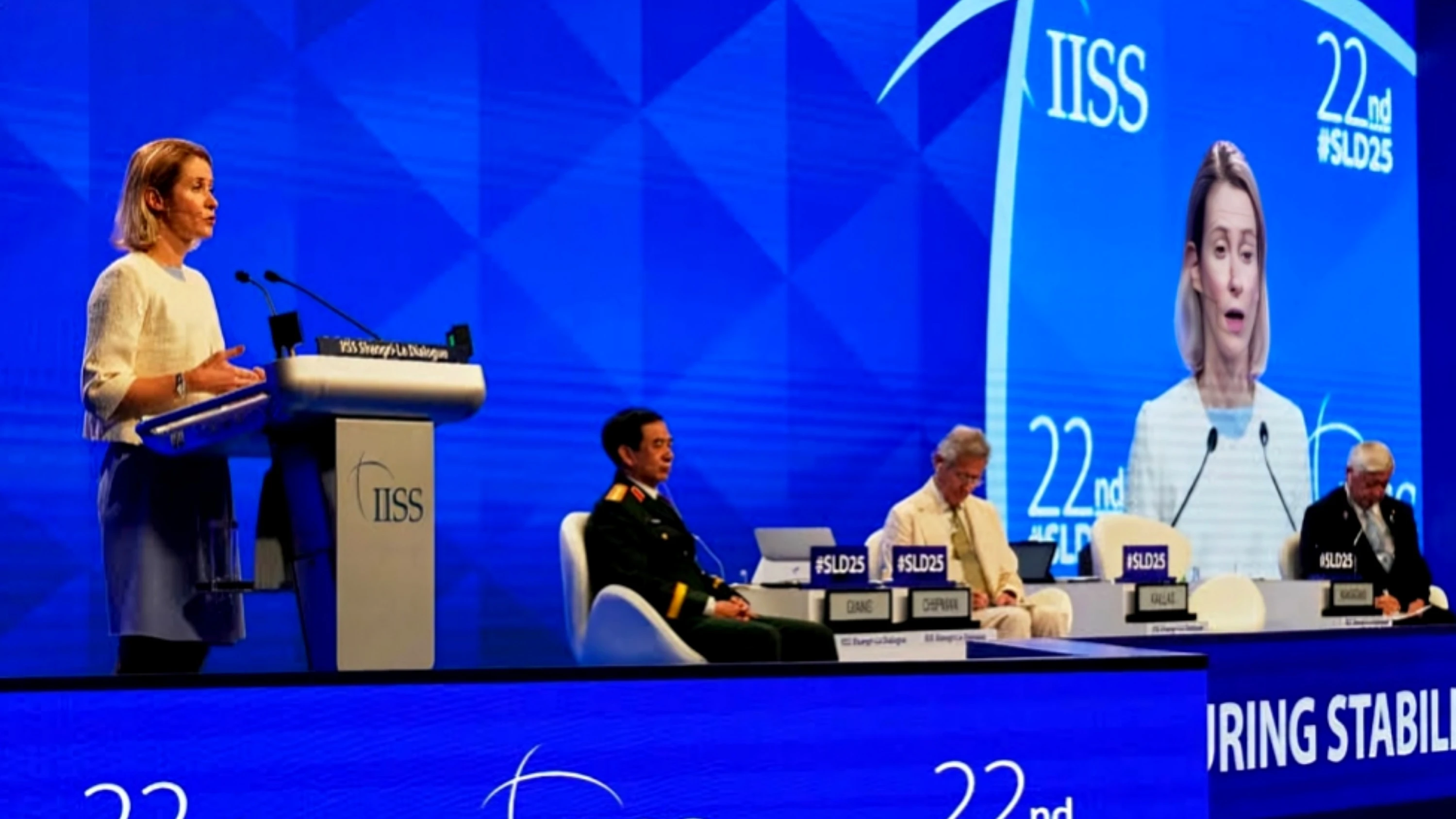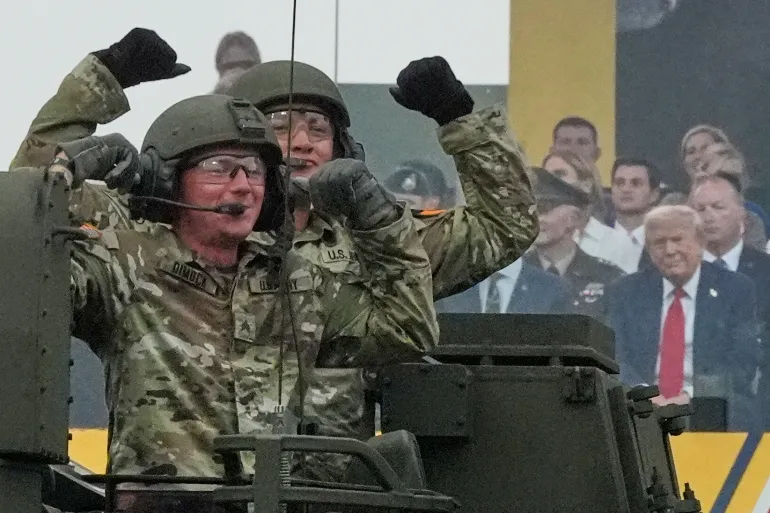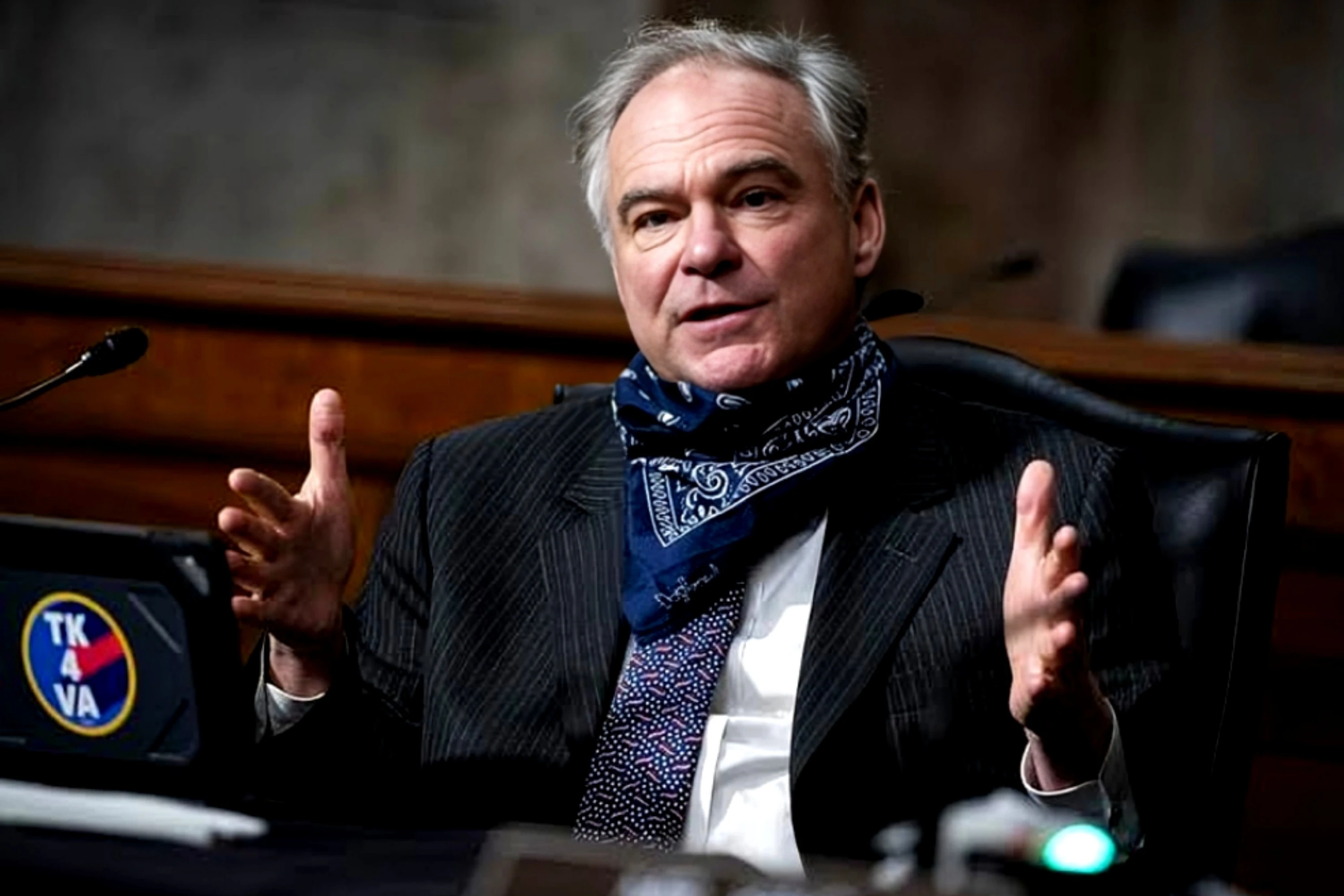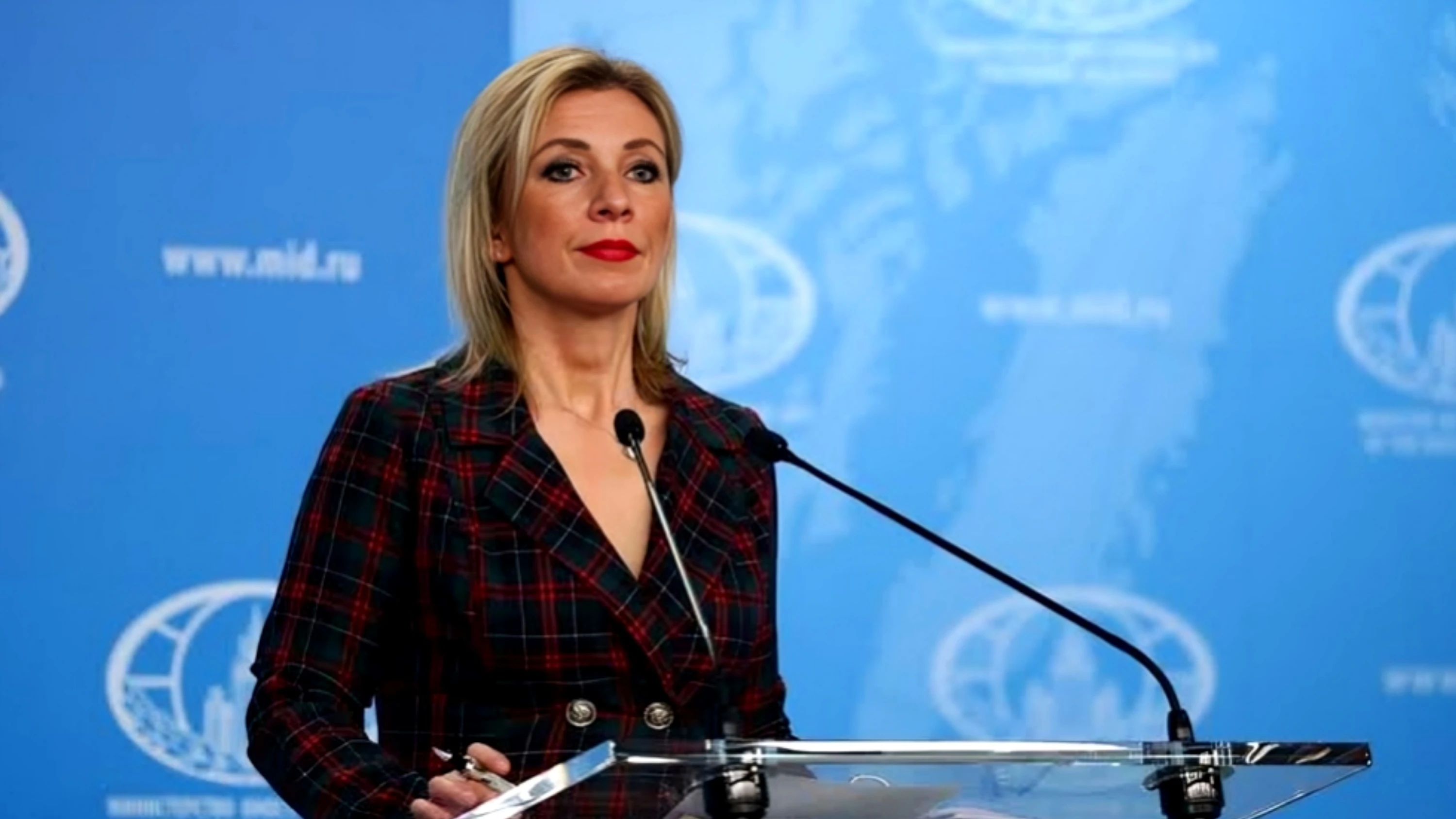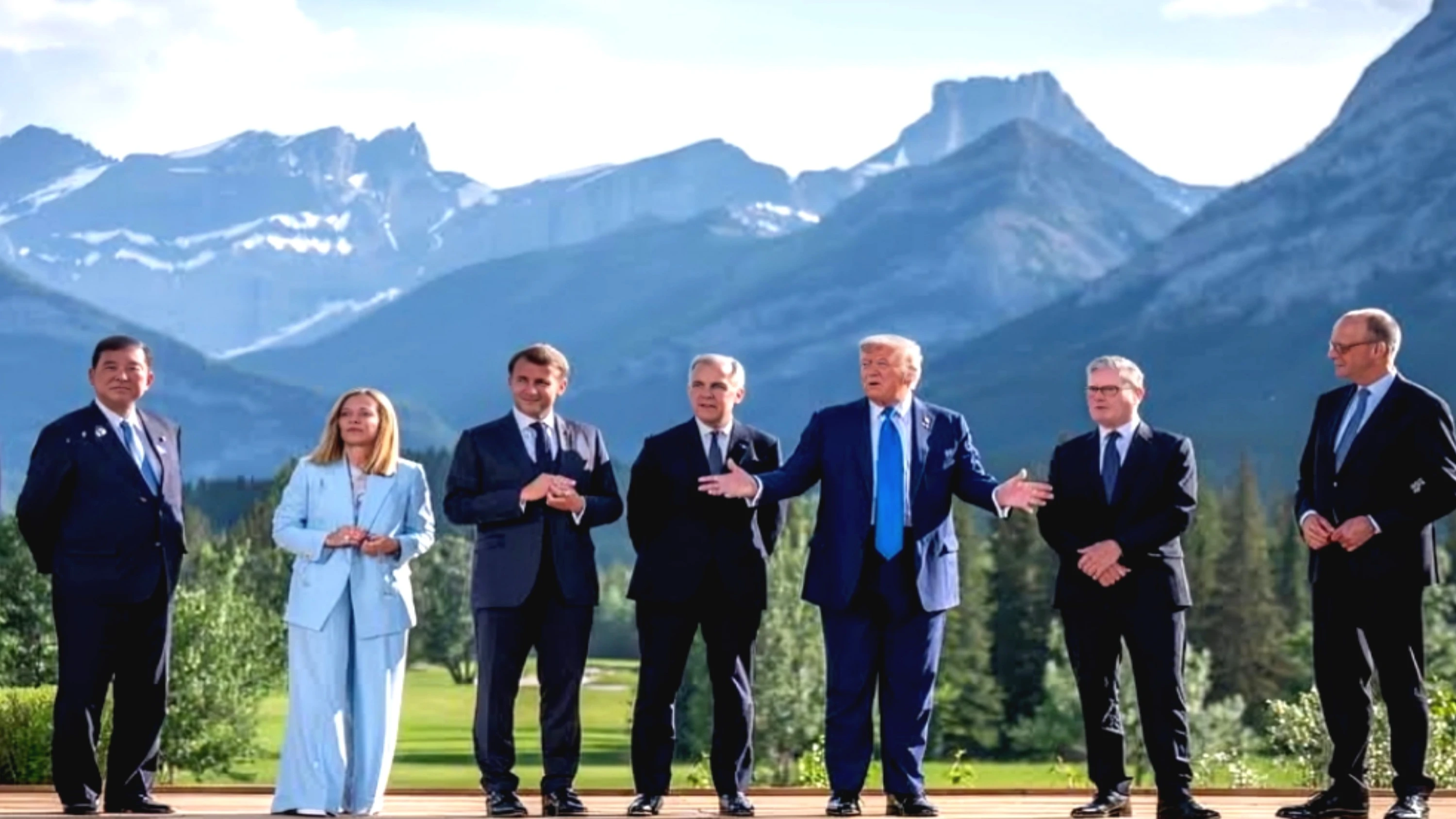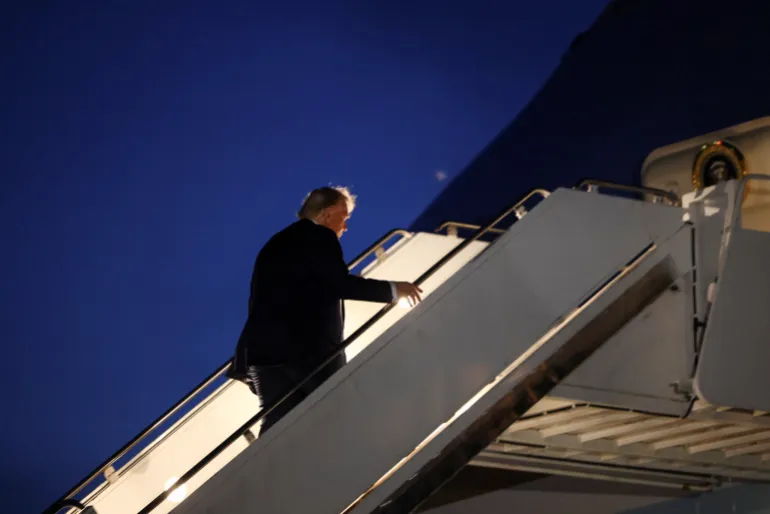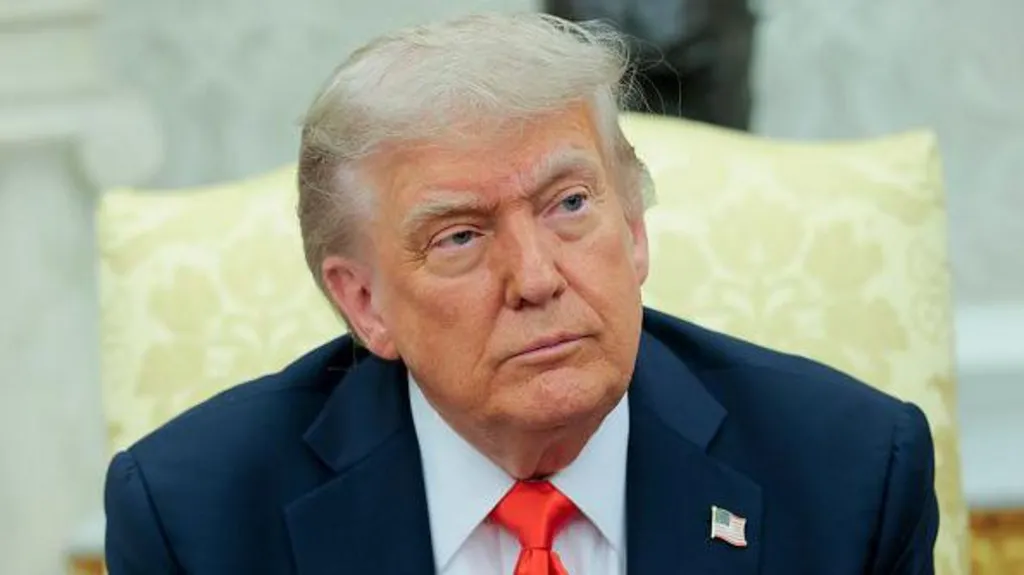Singapore: The European Union’s top foreign policy official issued a stark warning on Saturday, saying the deepening alliance between Russia and China should raise global alarm, particularly as reports surface of North Korean troops fighting alongside Russian forces in Ukraine.
Speaking at the Shangri-La Dialogue in Singapore, EU High Representative for Foreign Affairs, Kaja Kallas, expressed serious concern over what she called a historic shift in global power dynamics.
“When Russia and China speak of jointly reshaping the world order — of changes not seen in a century — we should all be extremely worried,” Kallas told attendees at the high-profile security summit.
She emphasized that European and Asian security are closely intertwined and stressed the importance of upholding international law to prevent worst-case scenarios.
“International law serves as the protective shield, especially for smaller nations. We must defend it vigorously,” she said during a panel focused on maintaining global stability.
Kallas’ remarks came after U.S. Secretary of Defense Pete Hegseth warned of growing military and economic pressure from Beijing. In his address, Hegseth assured Indo-Pacific allies that the United States would not abandon the region but also called on them to take greater responsibility for their defense.
Highlighting China's aggressive posture toward Taiwan, he said, “China’s military is preparing for a real confrontation. The threat is real — and it could arrive sooner than we expect.”
Hegseth also urged regional powers to raise their defense spending, suggesting they follow the example of NATO members now expected to allocate around 5% of their GDP to defense.
Meanwhile, China’s top delegate at the conference pushed back, accusing Hegseth of leveling “baseless accusations” against Beijing.
Tensions over Taiwan remain high, with China conducting frequent military operations near the island and keeping an aircraft carrier positioned southeast of it. Chinese President Xi Jinping has refused to rule out military action to bring Taiwan under Beijing’s control.
The summit underscored rising anxiety about global security, as alliances shift and authoritarian regimes increasingly cooperate across borders.


